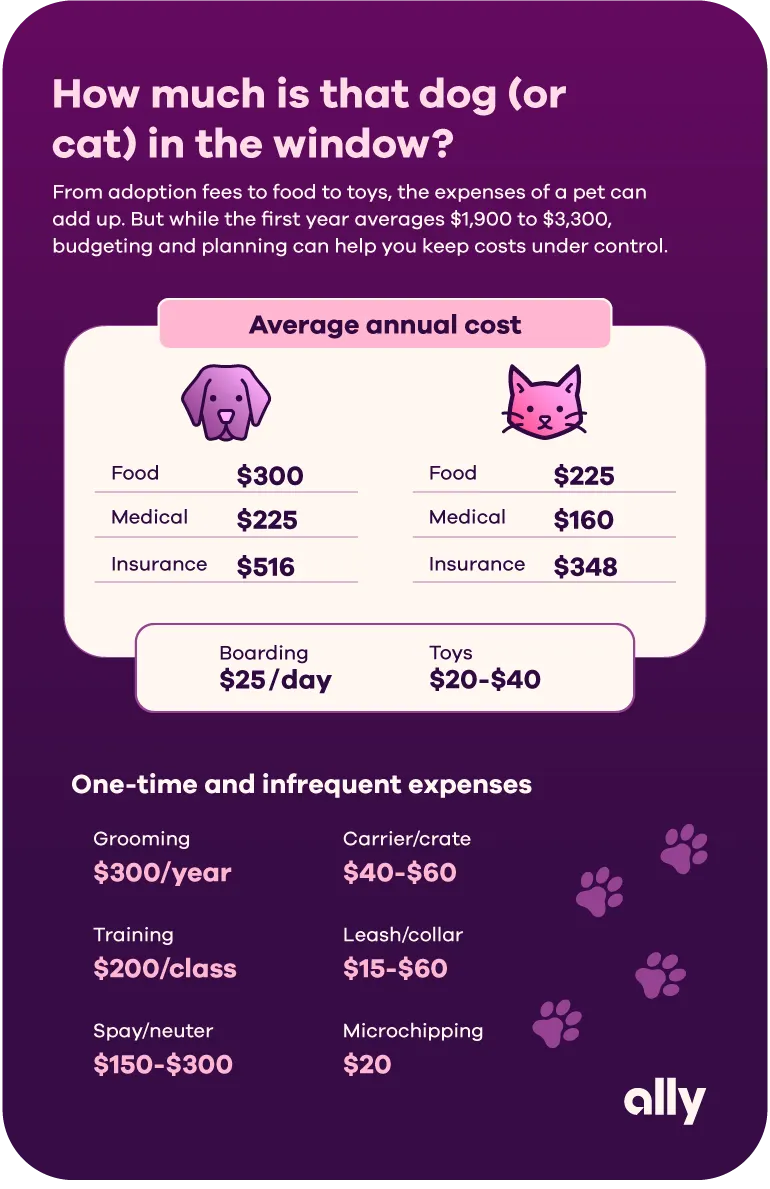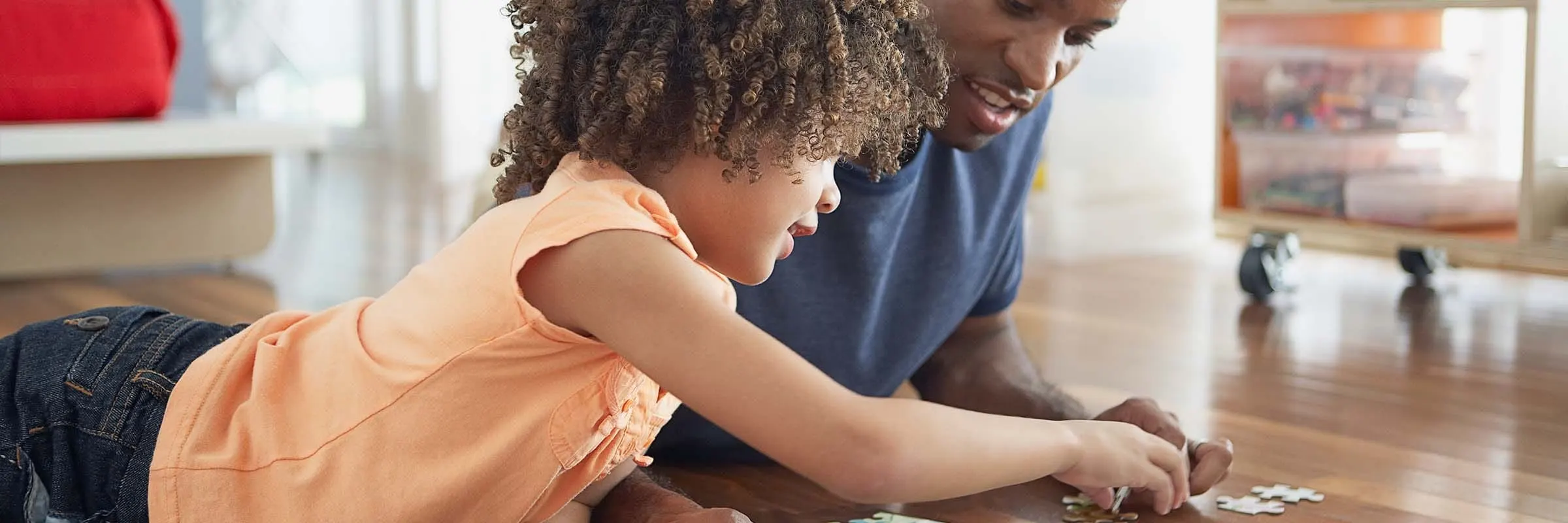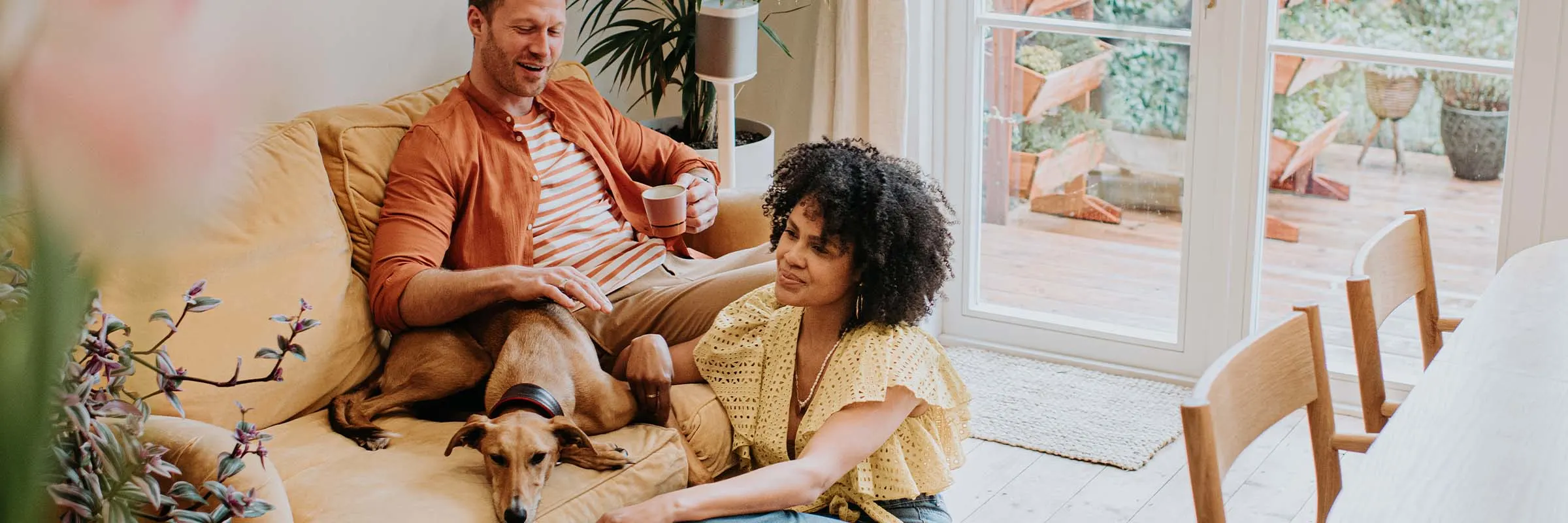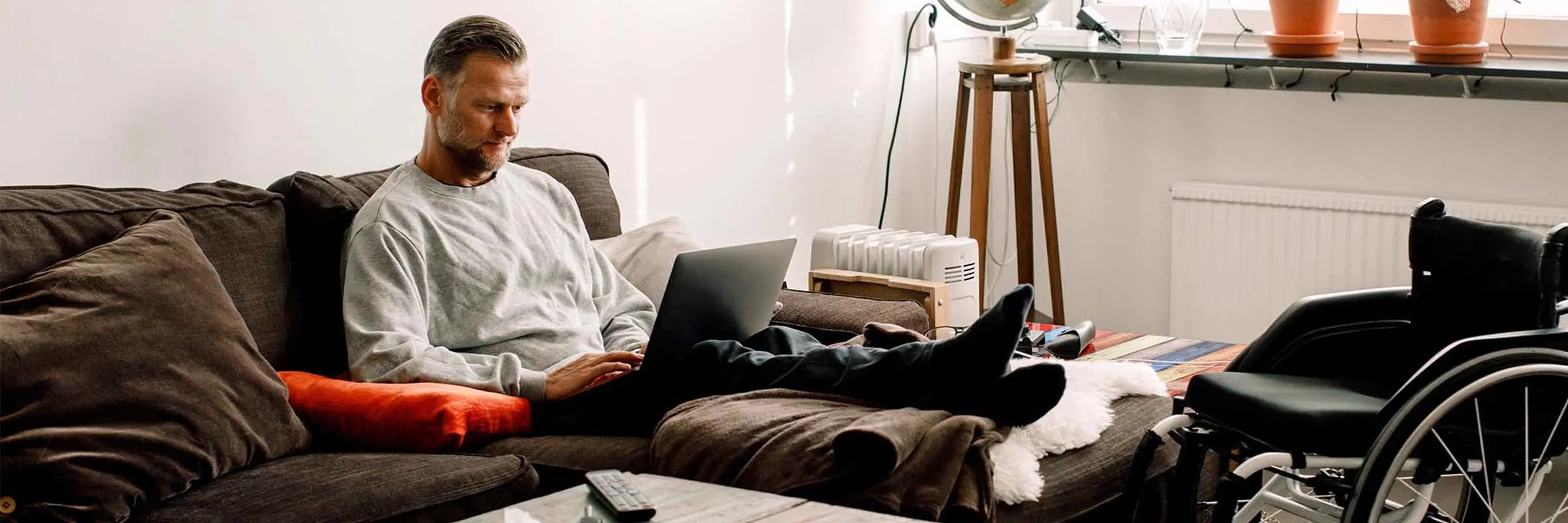Owning a pet can be a great joy — they offer companionship and can quickly become a part of the family, especially the ever-popular dogs and cats. Before taking the leap, consider the costs associated with bringing home a furry friend.
Average annual cost to own a pet
The first year of owning a pet will be the most expensive — one-time costs like training classes, microchipping and preventive medical care can bring the initial expense to as much as $3,300. After that, annually, you can expect to pay between $1,100 and $1,400 depending on your pets’ needs, like grooming, food and toys.

Read more: Manage pet care expense categories by tracking your funds with spending buckets.
Additional pet expenses
While small purchases like a leash and collar may not be cause for financial concern, unexpected situations like emergency vet bills could have a significant impact. Planning for the pet you want and their needs can help you anticipate these potential extra costs:
Dog walking
If you’re away for long stretches, you may need the assistance of a professional dog walker. Rates will vary based on your location but can average $12 to $20 per hour.
Training
Depending on whether you enroll your pet in classes or hire a trainer, this could be a one-time payment or a recurring weekly or monthly payment. On average, training classes cost around $200. The upfront expense of a well-trained pet can help prevent damage to your home and possessions.
Professional grooming
Keeping your pet looking its best comes with a cost: about $300 per year. Some require more grooming than others, but at-home supplies can be enough to keep your pet healthy and happy.
Boarding
The average boarding price for both cats and dogs is $25 per day. If you travel often and have to leave your pet behind, consider creating a spending bucket for this expense with an Ally Spending Account.
Apartment pet deposit
Your apartment’s policies will state whether you’ll need to pay a one-time pet deposit, monthly pet rent or both. The deposit can land between $100 and $600 depending on the size of your pet. If your building requires pet rent, it could range from $10 to $60 per month. And if your pet is destructive, your landlord may charge for additional repairs.
Tip: If you’re not sure what your rental policy about pets is, check your lease or contact your landlord before bringing one home.
Emergency veterinary care
The bill from an emergency vet visit can range from $150 to $5,000+ depending on the service. Insurance is not required to care for your pet, but it can cover some of these costs, as well as regular wellness visits.
Is pet insurance worth it?
You have access to various coverage options to help with bills after your puppy eats something it shouldn’t or your cat needs surgery. Many insurance providers offer accident-only or accident-and-illness plans to cover injuries or sickness. Insurance can cost upward of $500 annually for dogs and $300 annually for cats.
Your location and your pet’s age and breed can impact the type of plan you need and help you decide whether insurance is worth the cost. For example, certain dog breeds are prone to specific injuries and disease, which may reduce their coverage. So read over the policy’s fine print before you sign up for a policy.
Can you afford a pet?
Remember that these costs are averages, and the true cost of owning a pet will vary. If you’re thinking about welcoming an animal into your home, consider the impact on your budget and spending habits. If you’d need to make major adjustments to your living expenses, that could be a sign to hold off or update your budget plan to account for the costs associated with a new pet.
Preparing for pet parenthood
Whether you’re saving for those first-year costs or adjusting your budget, you can minimize the financial stress of pet ownership. Then you’ll be able to appreciate the happiness and companionship of your furry family member.


